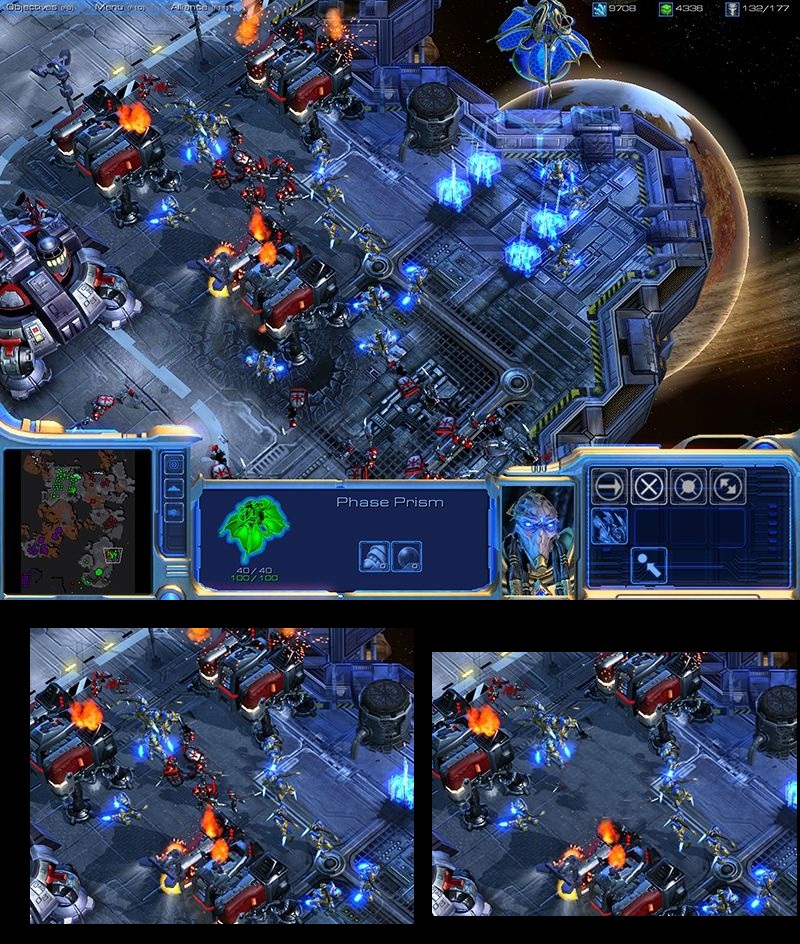How much of life is about learning patience over immediate reaction? Patience in seeing that the hard work that you’re doing now will have some payoff in the future instead of taking seeing a way out now and changing tracks. Patience in dealing with others, taking a situation in and seeing things from another’s viewpoint, instead of letting subconscious reaction take over and responding in the same energy that you’re given. Aggression responding to aggression. Hate responding with hate.
And what happens when you aren’t taught these lessons in life? If you’re never taught to practice patience over immediacy, understanding over reaction? Would it be easy to work well with others knowing that every interaction if brought with the wrong energy will cause a troubling scene? Would it be easy to stay productive and motivated knowing that at the earliest sign of a way out you’d take it instead of staying focused on the task that you have and losing sight of why that you’d working on is important?
A life of immediacy and reaction is probably not the one that leads to the kind of life that you want. Although it feels good to take control in the moment, it’s rare that you don’t burn some bridges when acting on reactions.
When is it a failure of the system that you weren’t taught patience over immediacy, when it’s such a key aspect of social development? Schools try to teach this, but it’s hard to force kids with varying personalities and motivations to see a common end goal. What’s worse is that if you grow up in an environment which instigates immediate reaction over understanding, from the peers you interact with to the adults in the neighborhood, it’s more likely that you’d never learn patience as you’re primed completely to act on reaction.
How you learned reaction over patience is the same way you could to undo the process. The people you interact with set up an expectation for a behavior from you, making you accountable for those expectations to build a sense of responsibility. As long you have a system that makes you accountable for being patient and learning understanding, then you have a means of practicing patiences and understanding.
Have you ever been in a long-term guild in a game before, or even just had a group of friends that you’d meet with regularly in-game and play a game together that required a high degree of cooperation?
Learning the maps, the routing and building expertise in a weapon-set in Counter-Strike, Destiny or Call of Duty.
Having regular times to meet and work on new content but theory-crafting a skill tree during the off-time so that you can make the most of those group play-sessions instead of stopping every time you gained a level and looking up where you should dump the new skill points that you just earned in Diablo 3.
Spending time outside of play-sessions to get better gear and learning the mechanics of a raid-fight before meeting with friends once a week to try and choreograph 8-people to beat the same boss that you’ve all been working on for a few weeks with incremental progress in World of Warcraft or Final Fantasy XIV.
The few people willing to take up team-chat and coordinate a group of strangers to play a specific set of roles to have a well balanced team-composition when you never know how your teammates react when things go well or poorly in Overwatch or League of Legends.
Having responsibilities to train and come prepared but building the social skills to deal with the differing personality types and viewpoints that you come across. The kind of responsibility for self-development and accountability for positive social interactions that need to be practiced for patience and understanding.
So what are we exploring in this article? We’ll look into how social adaption can get skewed during developmental years, how responsibility can be instilled by building systems of expectations and accountability and how we can mimics these systems outside of IRL and possibly recreate them online.
More after the break.












